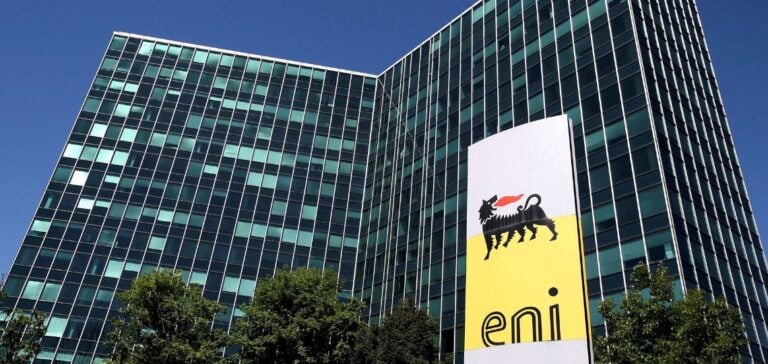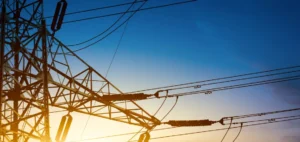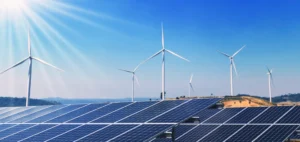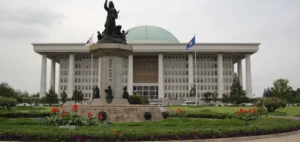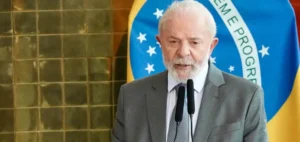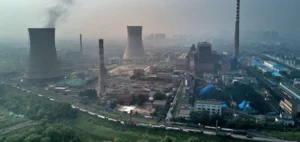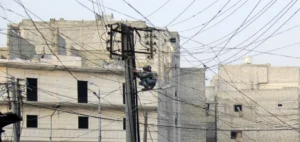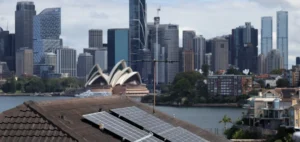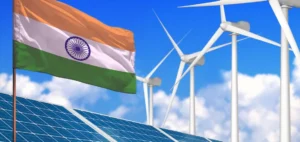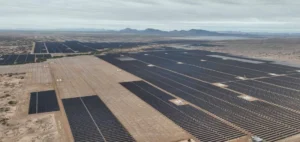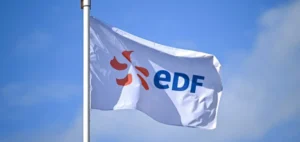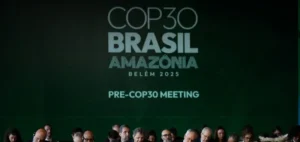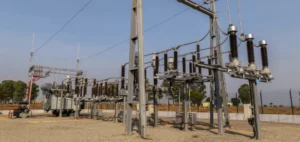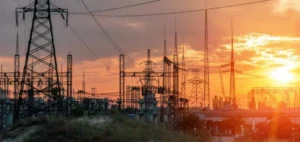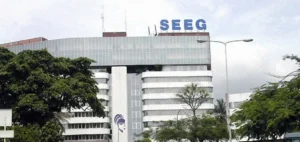Energy Transition Minister Agnès Pannier-Runacher announced on Friday “tougher treatment” for “rogue” electricity suppliers for failing in their “duty” to inform consumers about contracts and tariffs.
Eni and Electronic Billing: Crucial Meeting with the French Government
In August, the Ministry reported that electricity supplier Eni had harmed around 100,000 customers, incurring a cost of 50 million euros for “corrective measures”.
In addition, Eni had acknowledged erroneous invoices for customers who had renewed their contracts in the second half of 2022, due to the non-application of certain government protection measures.
On Friday, the Minister brought together consumer associations, electricity suppliers, trade federations, companies and industry ombudsmen,
as well as the French Energy Regulatory Commission (CRE) and government departments, to “address the difficulties encountered with electricity contracts and provide rapid operational solutions”.
“This meeting was an opportunity to call suppliers to account” for the “difficulties relating to relations” with consumers, with the Minister announcing “tougher treatment for the few suppliers who do not respect the duty to advise or the duty to be fair, and who are discrediting the industry to the detriment of more virtuous players”.
“I will not allow rogue suppliers to taint professionals who overwhelmingly assume their duty of advice and loyalty,” said the Minister, quoted in a statement.
Improving Transparency: Electricity Suppliers under Surveillance in France
It has asked the CRE, the ombudsmen and the DGCCRF “to ensure that the rules of the game are strictly respected and to penalize any abuses”.
By the end of September, Mrs. Pannier-Runacher has “asked for a guide to be published specifying the information that suppliers must make available to consumers when they sign up for a new offer or make price changes during the course of a contract, to enable them to make an informed decision”.
The Energy Ombudsman will also publish information on suppliers’ commercial practices in its comparator.
As for electricity prices for very small businesses, the Minister “has obtained from some suppliers that they propose specific solutions” for customers with “the highest-priced electricity contracts (over 400 euros/MWh) that will remain in force in 2024, in addition to the accompanying measures that the government will propose in the Finance Bill for 2024”.
Why does it matter?
These stricter rules are designed to protect consumers from negligent practices by electricity suppliers and ensure greater transparency in the sector. This could have an impact on electricity costs for businesses.


